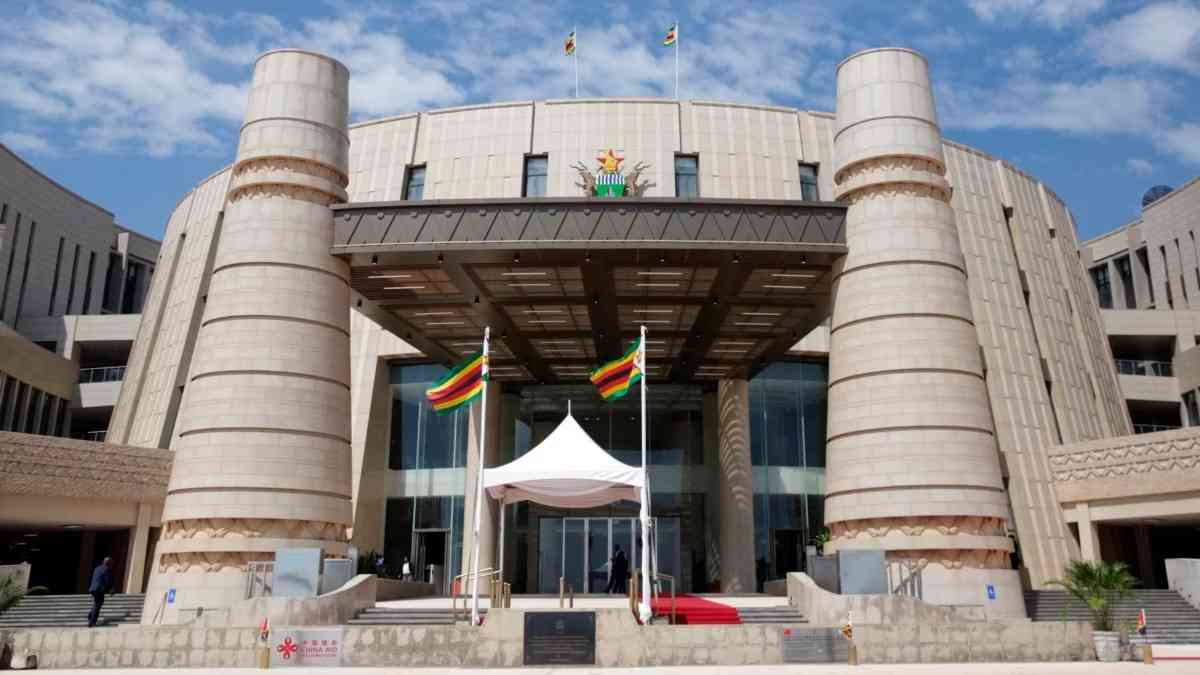
Political polarisation has a significant impact on how women politicians work in Parliament, female politicians have said.
Polarisation often leads to an "us vs. them" mentality, which can marginalize and exclude women politicians who operate outside the dominant ideological framework. As political debates become more polarised, women with more moderate or nuanced perspectives may struggle to find their voices heard or taken seriously.
Polarisation can exacerbate the underrepresentation of women in politics. As political discourse becomes increasingly adversarial, the overall political environment becomes more hostile and less inclusive for women. This can discourage women from entering politics or seeking higher positions, lowering their representation in Parliament.
In an interview with NewsDay at a Transformative Feminist Leadership Training recently hosted by the Institute for Young Women's Development (IYWD) Parliament proportional representation for Mashonaland East Brightness Mangora has said female politicians must speak with one voice despite their political differences.
"The problem is that female politicians struggle to move with one goal because of their political differences. It should not be difficult for women in party A to vote for another woman in party B. As long as they cannot support each other despite their political backgrounds, it can be difficult to have more female representatives in politics and decision making processes," Mangora said.
The final list of candidates released by the Zimbabwe Electoral Commission (Zec) showed that the major political parties fielded less than 12% women out of the total number of 210 National Assembly constituencies being contested.
Zanu PF fielded 23 women candidates (11%) while CCC has 20 women candidates (10%) for the parliamentary seats.
- State weaponising law against civil society, CCC
- Caps United stars in fitness race
- Another Harare derby beckons
- Village Rhapsody: Engage men to end gender-based violence
Keep Reading
The leader of the opposition Labour, Economists and African Democrats (LEAD) Linda Masarira told NewDay that the 2023 election will have the lowest number of women contesting Zimbabwe Electoral Commission (Zec) exorbitant nomination fees.
"2023 will have the lowest number of female candidates running for office particularly because of the astronomical candidate nomination fees that were packed by Zec. Most women are not financially independent and they do not have financial resources. It is not easy to raise US$1000 in this Zimbabwe economy. Raising funds for political campaigns is one of the challenges facing women," Masarira said.
However, former minister Olivia Muchena said she was optimistic and "very hopeful eagerly waiting to see the outcome"
Muchena urged aspiring female leaders to utilise women’s group organisations like IYWD to learn new skills which might help them in their political parties.
Polarisation can discourage cross-party collaboration and dialogue, reducing opportunities for women politicians to build bipartisan alliances and promote common interests. Sustained collaboration and consensus-building are essential for policy outcomes that benefit women and address gender disparities. When polarisation prevents cooperation, it limits the effectiveness of women politicians in advancing their policy agendas.










